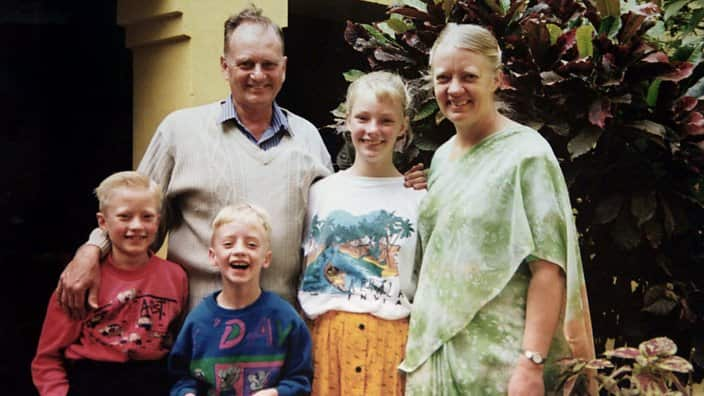Pratap Chandra Sarangi defies the image of a typical Indian politician who more often than not would have money and live a comfortable, if not luxurious life.
Always dressed in a simple traditional Indian kurta-pajama, a frail-looking Mr Sarangi is nothing like other politicians, at least in terms of wealth possession, and that’s the reason the extremely austere politician from Odisha drew the loudest cheers from the crowd when he was sworn in as a junior minister in India’s union government.
He is being hailed as a hero on social media and revered by the supporters of the Bharatiya Janata Party that cruised to victory on May 23 as election results handed a historic mandate to Narendra Modi to govern for the next five years.
Mr Sarangi became an MP by winning the parliamentary seat of Balasore in Odisha. He was often seen campaigning on a bicycle and a hired three-wheel auto rickshaw; lived out of a thatched shack where he conducted his election meetings with his supporters, while he was up against two of the richest candidates in the state.
However, the social media hero has a chequered past. Mr Sarangi was the leader of a right-wing group, Bajrang Dal at the time of killings of Australian missionary Graham Staines and his two children, twenty years ago.
A murderous mob burnt alive Graham Staines and his sons Timothy and Philip, while they were asleep out in the open in Odisha’s Mayurbhanj district in 1999.
The Staines ran a free hospital for leprosy patients and had a huge following among the poor in the rural areas. At a time when religious tensions over the conversion of poor Hindus were simmering, the Australian family was suspected of proselytizing poor tribals. While the Christian community accused the rightwing hardline group, an official inquiry found no evidence to link it to the crime. In 2003, thirteen people, including Dara Singh with alleged links to Bajrang Dal, were convicted of the Staines’ murders. But Singh never admitted that he was a member of the group.
While the Christian community accused the rightwing hardline group, an official inquiry found no evidence to link it to the crime. In 2003, thirteen people, including Dara Singh with alleged links to Bajrang Dal, were convicted of the Staines’ murders. But Singh never admitted that he was a member of the group.

From left to right, Philip Staines, 10, Graham Staines, Timothy Staines, 8, Esther Staines, 14, and Gladys Staines in a 1998 file photo. Source: AAP Image/AP Photo/Shivaji Moulik
Two years later, Singh’s death sentence was commuted and 11 others were freed of the charge by the Odisha High Court.
After assuming the role of a Minister of State for animal husbandry last week, Mr Sarangi responded to the chatter on social media about his past.
“Those talking about me have no work. They are trying to straighten the dog’s tale. Bajrang Dal has no link with Graham Staines’ murder. The court has also said this,” he told News18.
Ruben Banerjee, a senior journalist says that while the group wasn’t found guilty by the court, the speculation about its involvement in the murders was “never conclusively quelled”.
Another journalist Sandeep Sahu told the BBC that Mr Sarangi has spoken passionately against religious conversions in his interviews to media in which he said Christian Missionaries were “bent on converting the whole of India”. Though later Mr Sarangi condemned the deaths of two children in the attack on the Staines but maintained his views against conversions.
All candidates contesting election in India have to file an affidavit and disclose whether they face any criminal proceedings. According to Mr Sarangi’s affidavit, he has seven criminal cases against him. The charges against him are criminal intimidation, rioting, promoting enmity between groups on grounds of religion, race; and extortion.

